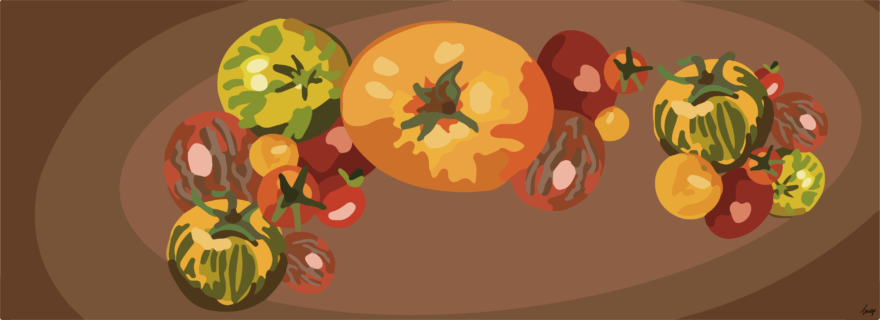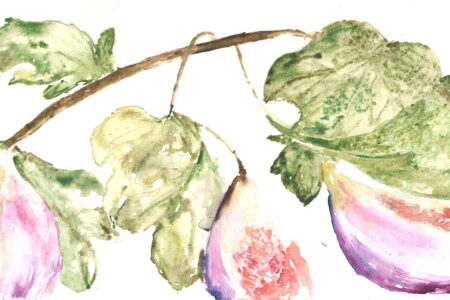On still only eating organic food
In undertaking a course on Water & Climate Systems, I recently attended a class on water quality. The message our professor conveyed was alarming: a growing number of new pollutants are being discovered in Europe’s surface water, which is the same millions of us depend on for our drinking water. They explained these pollutants are released into the environment by a variety of human activities, including agricultural practices.
Conventional agriculture relies on chemical interventions to fight pests and weeds, which also covers the use of pesticides. Pesticides refer to any chemical substance used to kill, repel, or contain pests and diseases, such as insects (insecticides), rodents like mice (rodenticides), plants/weeds (herbicides) or fungi (fungicides). They are essential for our food production. Firstly, because their use has increased crop productivity, making it that farmers obtain higher crop yields with less land, and offer lower prices as a result. Secondly, they have allowed for improved food safety and the tackling of diseases – for example, insecticides have significantly lowered the spread of malaria and dengue. These advantages do not make their impact on our environment any less detrimental, however.
This is partly because pesticides do not stay in one place. They can become airborne (pesticide drift) or contaminate water when excessive rainfall and irrigation flow off the land and sink into soil (and thus our groundwater) or leak into nearby rivers and lakes. Designed to repel or kill, rodenticides or insecticides can then end up harming wildlife outside of the targeted farmland. This can have disastrous effects on biodiversity. A 2021 study in Nature Ecology & Evolution rated pesticides as ‘important’ or ‘very important’ drivers of pollinator decline all over the world. In other words, pesticide use kills bees, wasps, butterflies, and other pollinator insects. In aquatic environments, pesticides can even affect fish reproduction and growth.
Long-term exposure to pesticides can also have potentially serious effects on human health, with agricultural farm workers being especially at risk. As an example, a 2021 study in the journal Environmental Research linked pesticide use by French vineyard farmers to a higher incidence of Parkinson’s disease. In the past, and despite the EU having strong regulations on what pesticides are authorised for use – including bans on any highly toxic pesticides – investigations revealed that EU manufacturers had been shipping tens of thousands of tons of banned pesticides to countries with weaker regulations outside of the EU. In other words, the EU has been exporting pesticides it considered too dangerous for use on its own soil to lower-income countries. Fortunately, the European Parliament committed to ending this hypocrisy by 2023 in the new EU Chemicals Strategy for Sustainability released in October 2020. However, this only fixed one flaw in Europe’s pesticide industry.
An official 2019 EU report on pesticide residues found in food revealed that several non-approved pesticides were being detected in randomly sampled foods on the European market at levels exceeding the legal limits. While these findings were "unlikely to pose concern for consumer health", they can have a harmful effect on our environment and biodiversity. Lastly, non-profit organization Foodwatch warns of the use of so-called pesticide ‘cocktails’. While pesticide 'cocktails' are legal, experts warn that little is known about the possible health and environmental impacts of mixing pesticides, and the legal standards currently do not take this into consideration either.
Concluding, these reasons have convinced me that going organic (or ‘biologisch’ in Dutch) is the better option both for the environment and myself. Organic farming strictly limits the use of herbicides and pesticides and prohibits the use of hormones and antibiotics. The downside, however, is that organic agriculture typically produces 20–25% lower yields than conventional agriculture. This means that organic farming requires additional land and labour to produce a similar quantity of food. As such, experts argue organic agriculture alone would be unable to feed the world's population as there is currently no way of increasing crop production without using synthetic pesticides, fertilisers, and GMOs (genetically modified organisms). With environmental degradation associated with conventional, intensive agriculture only expected to worsen in future, one hopes for solutions that sustainably increase production while reducing environmental impacts. But until then, I will be doing my groceries at Ekoplaza.
Loïs van der Lee






0 Comments